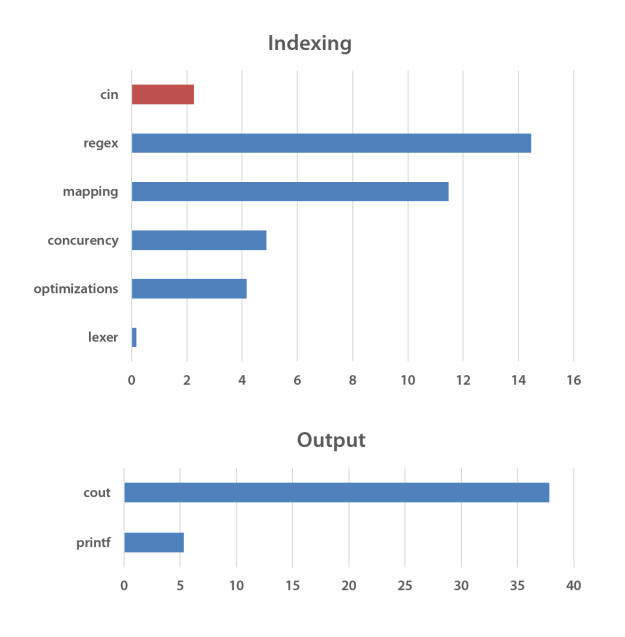Bring named parameters in modern C++ -- Marco Arena
I’m going to explore some of the classical ways to emulate named parameters in C++ as well as mention new approaches. Part of this work would not have been possible without Davide Di Gennaro's help and suggestions. An entire paragraph was written by Davide.
Bring named parameters in modern C++
by Marco Arena
From the article:
In programming, named parameters refer to a computer language’s support for function calls that clearly state the name of each parameter within the function call itself.[...]Several languages support named parameters (e.g. C#, Objective-C, …). C++ does not.[...]In this post, I’m going to explore some of the classical ways to emulate named parameters in C++ as well as mention new approaches.

 [For your winter reading pleasure, we're pleased to present this three-part series of new material by Bjarne Stroustrup.
[For your winter reading pleasure, we're pleased to present this three-part series of new material by Bjarne Stroustrup. 
 To use or not to use
To use or not to use  A short article about two error-detection features in GCC:
A short article about two error-detection features in GCC: